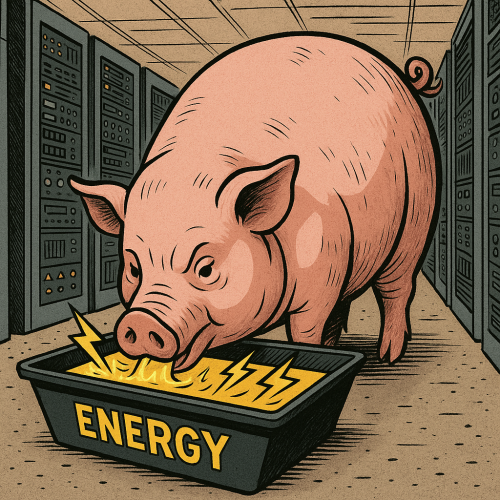State Corporation Commission approved Friday two separate rate increases for Dominion Energy Virginia. One was caused by Virginia Clean Economy Act and the other by regional transmission services. The combined effect is a residential bill of 1,000 kilowatt hours that will cost more than $5.
Dominion was approved earlier this year to collect the 609 million that had been pending. This money isn’t for electricity, power lines, or operating costs. It’s for “renewable certificates” that Dominion has to buy because they missed the VCEA goals for their own renewable production.
The Transmission Increase is an additional $2.10 that is paid to the regional PJM Energy Marketplace, in this instance for transmission and demand reduction programs. SCC does not set transmission rates, but rather accepts those imposed on it by the Federal Energy Regulatory Commission. This is added to bills via Rider T1. You can view a complete list of Dominion riders and their costs in addition base rates by clicking here.
Rider B is the second of two increases. The first one comes in addition to the increase in the monthly portion dedicated to fuel costs. The basic fuel charge – which is the same for all customers regardless of their type – increased from $20.74 per 1,000 kWh to $29.68 on July 1. This represents a 43% increase. This should be reflected in bills as soon as possible.
The SCC approved another rate increase on July 29, this time for a new rate adjustment clause, or RAC. Rider SMR. On September 1, another $0.29 per month will be added to Dominion’s bills in order to cover the costs of research and planning for a small modular reactor. It is possible because the company has not made any promises to build anything. If construction proceeds, Rider SMR will grow significantly.
To sum them all up, four bill increases add $14.32 to the 1,000 kWh example residential bill. Many households are well aware that their bills can be much higher, especially during a cold or hot winter month. If you average that every month, it would be just under $172 a year. Commercial and industrial users often pay lower per-kWh rates (except for fuel), but the total cost (especially fuel) can be high.
Dominion has not finished with fuel charges, and they could increase again this year, if a key part of the pending fuel application that it is submitting is approved. Dominion wants to start charging its customers for energy payments that it has to make to generators within the regional PJM Interconnection. Dominion pays them from base rates, despite the explosive growth reported last month. It wants to start collecting capacity contract costs for fuel with Rider A.
Dominion’s increase in cost for a capacity contract from $29 per MW/day in June 2024, to $444/MW/day this year, and $330/MW/day starting in July next year is also related the VCEA or similar policies laws elsewhere in PJM. These laws have accelerated the closure of reliable hydrocarbon power plants in PJM and created a severe supply-demand crunch. They haven’t hit your bill and won’t until the SCC completes that application.
SCC is still debating another price increase that was entirely due to VCEA. Dominion will be able to finish its application for a price increase on the offshore wind project. The project would not have been considered reasonable or prudent by regulators without the massive boost that the General Assembly gave the project in the VCEA provisions.
Dominion is still mulling over its request to raise the base rate of its electricity and build a 944-MW natural gas-fired generator in Chesterfield. Both cases are moving full speed ahead for the fall.
The upward trend will continue. Keep Roseanne Rosanna Dana in mind when it comes to your electricity bill. It’s never just one thing. The portions of the bill that directly relate to Virginia Clean Economy Act compliance used to be clearer. You want to bet on whether or not the media will report anything about this?
NEWSLETTER SIGNUP
Subscribe to our newsletter! Get updates on all the latest news in Virginia.


